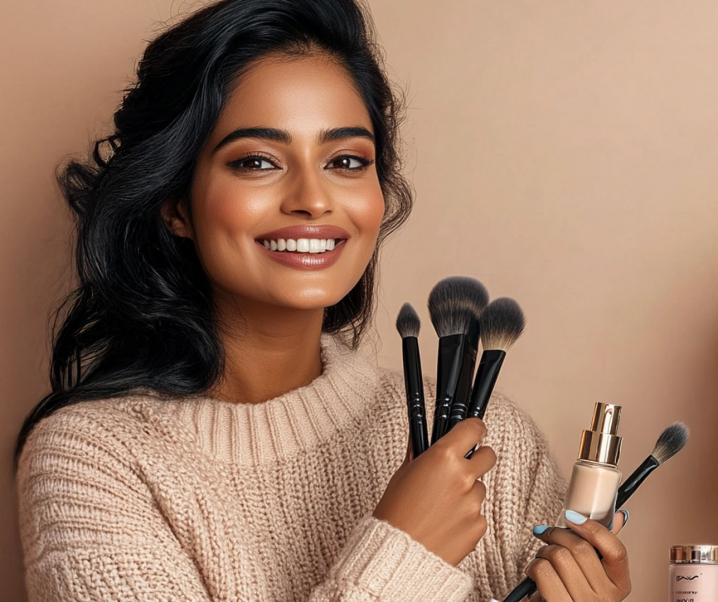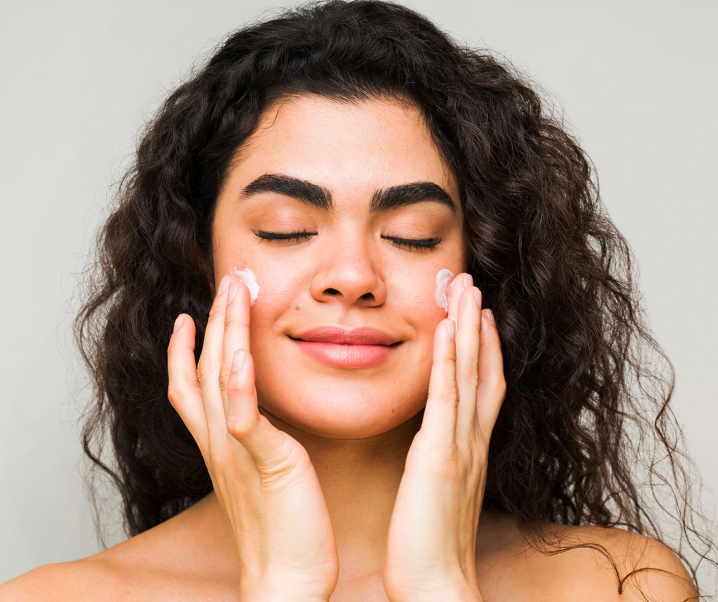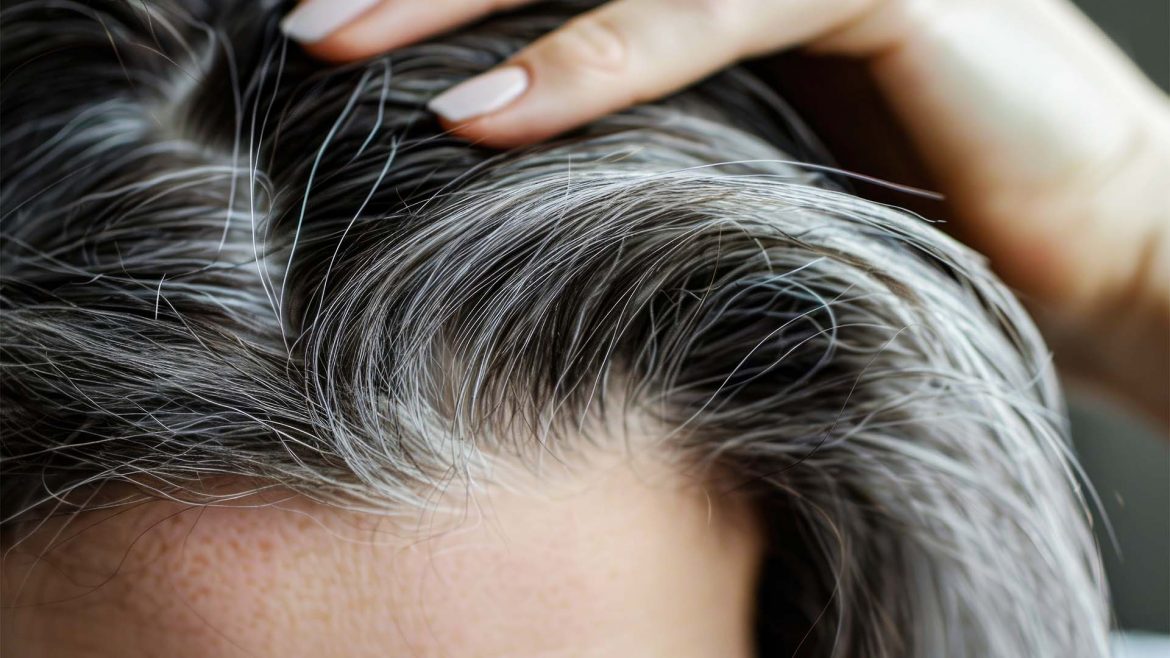
Spotting your first grey hair can be a surprising wake-up call. While greying is a natural part of ageing, sometimes hair loses its pigment earlier than expected. Understanding the causes of hair greying can help you address any underlying conditions and make informed decisions about managing your silver strands.
This guide dives into the reasons behind premature greying, from genetics to lifestyle factors. We’ll also explore how to care for your hair and embrace your natural beauty, or if you prefer, explore options for covering greys.
Leading Causes Of Greying Of Hair
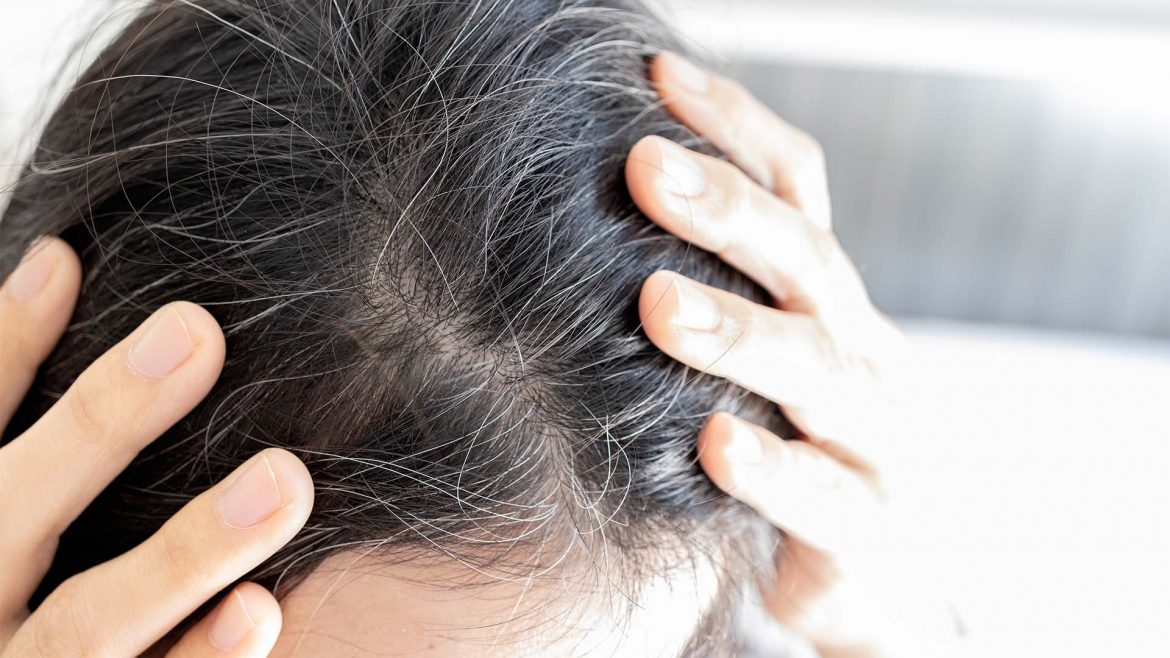
Genetics
Genetics play the lead role in determining when and how your hair greys. It’s like inheriting a blueprint for your hair’s lifespan, including pigment production. Just like some people inherit their parents’ eye colour, others inherit a predisposition for earlier greying.
Melanin
Loss of melanin is one of the major causes of grey hair. These pigment-producing champions, called melanocytes, reside in your hair follicles. As we age, melanin production naturally slows down. This decrease in melanin leads to a loss of colour, resulting in the emergence of those silver strands.
Potential Contributors For Grey Hair

Vitamin Deficiency
Healthy hair thrives on a balanced diet rich in vitamins and minerals. Deficiencies in key nutrients like vitamin B12, iron, or zinc can stall hair growth and even contribute to premature greying.
If you suspect a deficiency, consult a doctor. A simple blood test can reveal any imbalances, and they can recommend supplements to get your hair back on track.
Free Radicals
Ever heard of free radicals? These unstable molecules are like tiny vandals that damage our cells, including those in the hair follicles. This damage, called oxidative stress, speeds up hair greying. Antioxidants are our body’s superheroes, fighting off free radicals. Fill your plate with antioxidant-rich fruits and nuts like berries and walnuts to give your hair a fighting chance against greying.
Medical Conditions & Hair Health
Unexplained hair greying can sometimes be a sign of an underlying health issue. Certain medical conditions, such as thyroid problems or autoimmune diseases, can affect hair pigment production. If you’re experiencing sudden or excessive greying, it’s always best to consult a doctor to rule out any medical causes.
Lifestyle Factors
Can stress cause white hair? Not exactly, but it can speed up greying faster than expected. Stress throws off your body’s hormones, fastening the greying process. So, try managing stress with activities like exercise, meditation, or socialising.

On the other hand, smoking can block blood flow to your scalp, harming your hair. Exposure to intense sun rays or pollution can also damage it. Keep your hair safe by wearing a hat or using a leave-in conditioner when outdoors.

Can Premature Grey Hair Be Reversed? Exploring Treatment Options
While there’s no guaranteed way to completely reverse established grey hair, there are options to manage it and keep your hair looking its best.
Hair Dyes and Treatments:
Hair colouring is a popular choice for those who prefer to cover their greys. Consult a professional hairstylist to discuss the different colouring options available and find the one that best suits your hair type and desired results.
Specialized Hair Care:
Certain shampoos and conditioners can help enhance the vibrancy and manageability of grey hair. These products often address concerns like dryness or brassiness that can sometimes accompany grey strands.
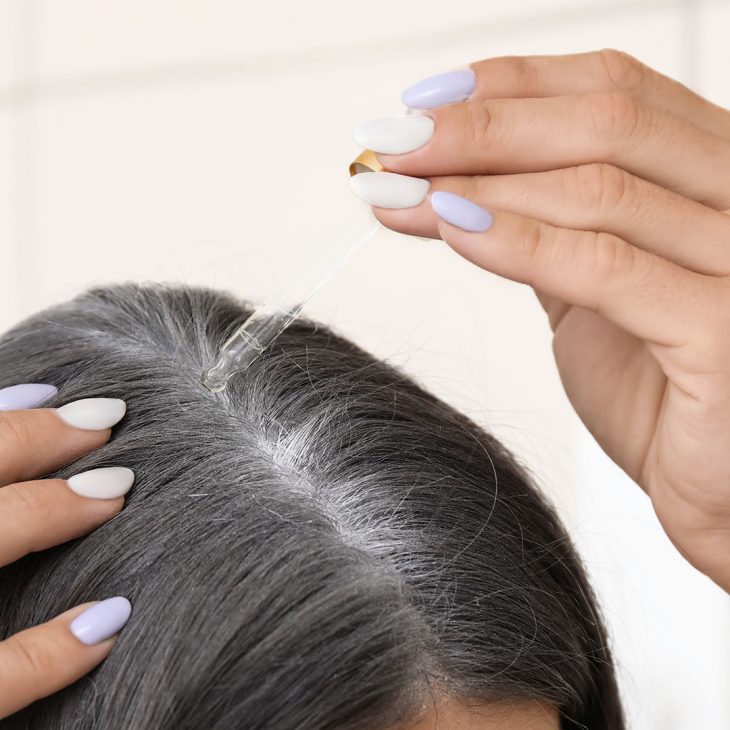
Embracing The Silver Lining
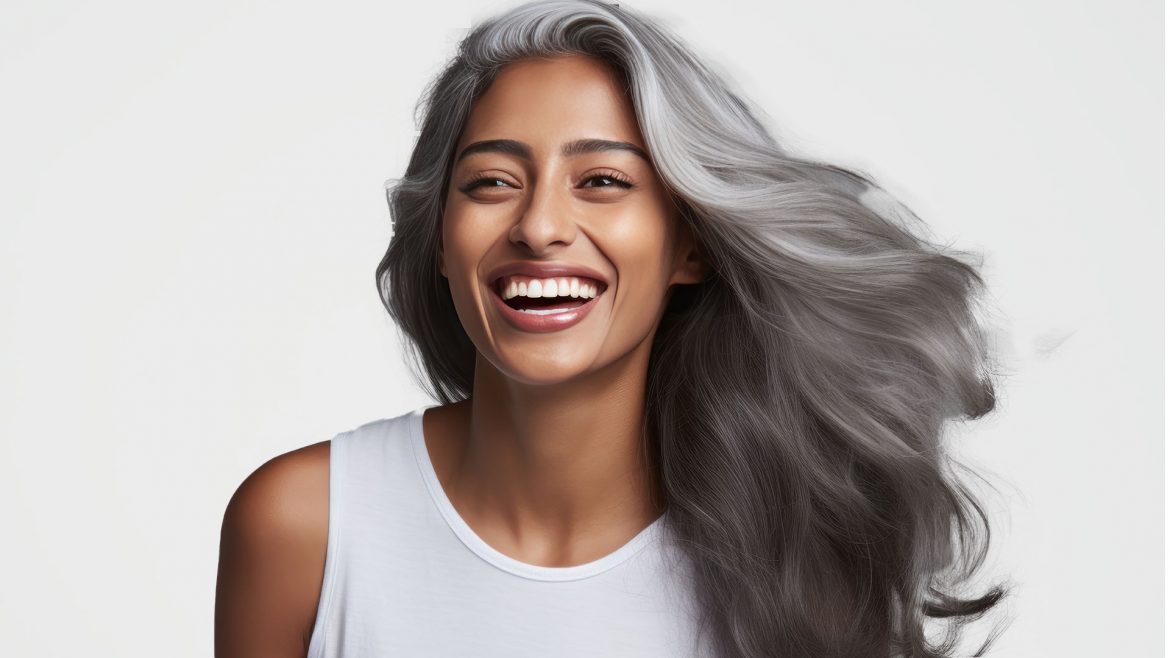
Grey hair can be a beautiful expression of your unique journey. Here are some tips to rock your silver locks with confidence:
Own Your Style:
Experiment with haircuts and styles that flatter your face shape and complement your grey tones. A hairstylist can help you find the perfect cut that enhances your natural beauty.
Hair Care Matters:
Maintain a healthy hair care routine to keep your grey hair looking its best. This includes regular trims, deep conditioning treatments, and using products formulated for grey hair.
In Conclusion
Ultimately, the decision of how to manage your grey hair is entirely up to you. Embrace your natural beauty or explore colouring options – there’s no right or wrong answer. The most important thing is to feel confident and comfortable in your own skin (and hair)!


